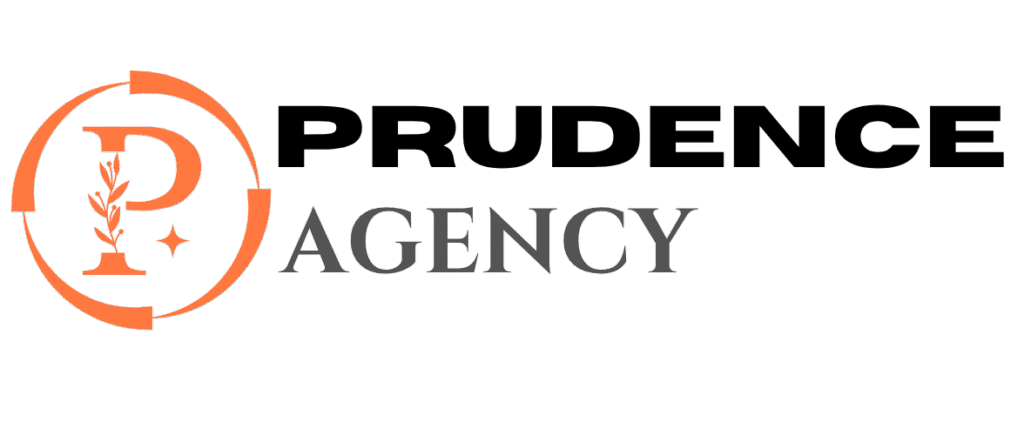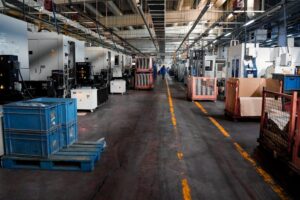Designing Seamless Human-AI Collaboration in the Workplace
As the world shifts towards increasingly digital workflows, the intersection of human and artificial intelligence (AI) is reshaping how work gets done. Designing seamless human-AI collaboration in the workplace is no longer optional – it’s essential for businesses aiming to maximize productivity, innovation, and employee satisfaction. But how do we achieve this harmonious integration? In this article, we’ll explore key strategies, benefits, practical tips, and inspiring case studies that spotlight the future of effective human-AI teamwork.
Why Human-AI Collaboration Matters in Today’s Workplace
AI has made impressive advancements, from automating repetitive tasks to providing data-driven insights. However, humans still bring creativity, emotional intelligence, and critical thinking to the table – qualities that AI cannot replicate fully. By combining the strengths of both, companies can unlock new levels of efficiency and innovation.
- Enhanced Decision-Making: AI analyzes vast data instantly, helping humans make informed decisions faster.
- Increased Productivity: Automation of mundane tasks frees employees for creative and strategic roles.
- Improved Employee Experience: AI-powered tools reduce burnout by handling repetitive work, allowing for skill development.
- Agility and Adaptability: Seamless collaboration helps organizations respond swiftly to market changes.
Key Principles for Designing Seamless Human-AI Collaboration
To create a workplace environment where human and AI collaboration thrives, focus on these foundational principles:
1. Prioritize User-Centered AI Design
AI systems should be intuitive, transparent, and designed with clear user control. Employees must understand how AI tools work and feel confident in interacting with them.
2. Foster Trust Through Transparency
Transparency builds trust. Share how AI algorithms make decisions and create feedback loops for continuous improvement and correction.
3. Balance Automation and Human Oversight
Not all tasks should be fully automated. Maintain a human-in-the-loop system to oversee AI outputs, enabling quality control and ethical accountability.
4. Encourage Continuous Learning
Offer reskilling and training programs so employees evolve alongside advancing AI technologies, empowering them to leverage AI effectively.
5. Leverage Collaborative AI Tools
Invest in AI-powered platforms designed for teamwork, such as intelligent project management, real-time communication assistants, and co-creative design tools.
Practical Tips to Implement Human-AI Collaboration in Your Workplace
- Start Small and Scale Gradually: Pilot AI tools in specific departments before full-scale implementation to manage adoption challenges.
- Involve Employees Early: Include teams in selecting and customizing AI tools to ensure alignment with workflow needs.
- Set Clear Roles and Responsibilities: Define when humans should intervene versus when AI can operate autonomously.
- Promote Open Communication: Foster a culture where feedback on AI performance and integration is actively sought and acted upon.
- Integrate Ethical Guidelines: Establish policies around AI use, data privacy, and bias mitigation.
Benefits of Seamless Human-AI Collaboration
| Benefit | Description | Impact |
|---|---|---|
| Improved Efficiency | AI automates routine tasks allowing humans to focus on strategic activities. | Higher output with optimized resource use. |
| Increased Innovation | Augmented intelligence stimulates creative problem-solving and idea generation. | Development of new products and services. |
| Better Decision Quality | Combining AI analytics with human insight leads to well-rounded decisions. | Reduced risks and improved business outcomes. |
| Enhanced Workforce Satisfaction | Employees engaged in meaningful work experience greater job satisfaction. | Lower turnover and stronger employer brand. |
Case Studies: Successful Human-AI Collaboration in Action
Case Study 1: AI-Assisted Customer Service at a Global Bank
A multinational bank implemented AI chatbots to handle common customer inquiries, freeing up agents to tackle complex issues. The result? A 35% reduction in call wait times and a 20% boost in customer satisfaction scores within six months.
Case Study 2: Collaborative Design in a Creative Agency
A leading creative agency used AI design assistants to generate initial concepts and automated content analysis. Creatives then refined these outputs, accelerating campaign development by 40%.
Overcoming Challenges in Human-AI Collaboration
Despite the advantages, organizations often face obstacles such as employee resistance, data privacy concerns, and integration complexities. Address these challenges by:
- Ensuring transparent communication about AI’s role and benefits.
- Providing comprehensive training to build competence and confidence.
- Implementing strict data security protocols.
- Involving cross-functional teams to seamlessly integrate AI with existing systems.
Conclusion: The Future is Collaborative
Designing seamless human-AI collaboration in the workplace isn’t just a technical challenge – it’s a strategic imperative. By thoughtfully integrating AI to complement human skills, organizations can drive innovation, enhance productivity, and cultivate a more engaged, future-ready workforce. Embracing human-AI teamwork today means building the agile, resilient companies of tomorrow.
Start your AI collaboration journey by prioritizing transparency, user experience, and continuous learning. With the right approach, the synergy between human intelligence and AI will unlock extraordinary value and shape the future of work for the better.











